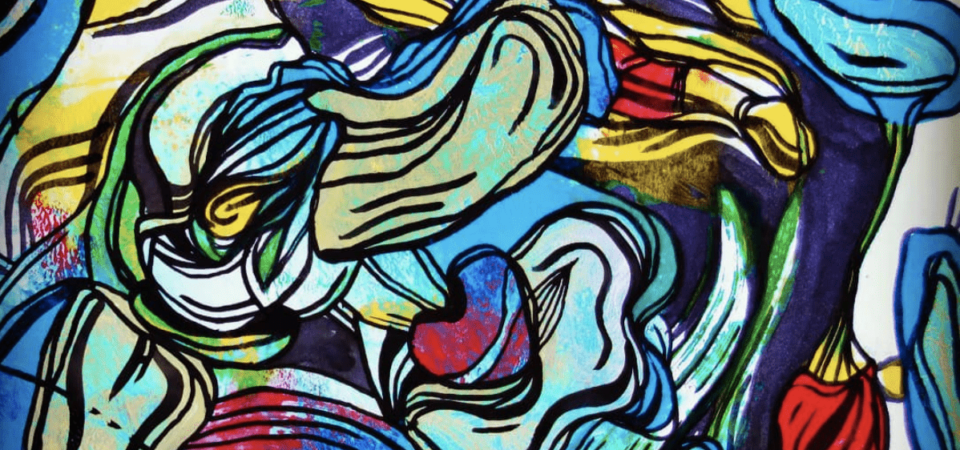The slow evolution (but inevitable and now faster and faster) of the phenomena linked to global warming is such that we always thought we still had a little time.
We do not have any left.
We can’t wait any longer.
Sometimes when a toothache tickles us at night, even briefly, we vow to go to the dentist early the next morning. And then things calm down, seem to return to normal, and we postpone our appointment until next time. I feel the same is true about our behavior regarding the planet screaming at us, the emergencies we face today, right now. We can’t delay the appointment any longer. Forests are burning, glaciers are melting, many animal species have disappeared, populations are moving and fleeing wars and intolerable living conditions, inequalities are growing. These are no longer little alerts we are facing. These are real upheavals that are underway.
We must change the system, revolutionize it profoundly. We can no longer leave the decision-making power to anyone who does not have to preserve the planet (and humanity) as a primary goal. We can no longer leave power to the greedy, the selfish, the oblivious, and the warmongers. We can no longer accept it.
Of course, it is essential to act, each of us on our scale, even modestly. Our small, or big initiatives, matter. We must continue to act on all possible fronts: transport, consumption, energy production, recycling, food, agriculture, etc. We have many solutions. Now we need to apply them.
Perhaps it will not be enough, but our action must begin there. We must think about the “after system” more than about the day after.
And yet, a feeling of helplessness. Discomfort.

